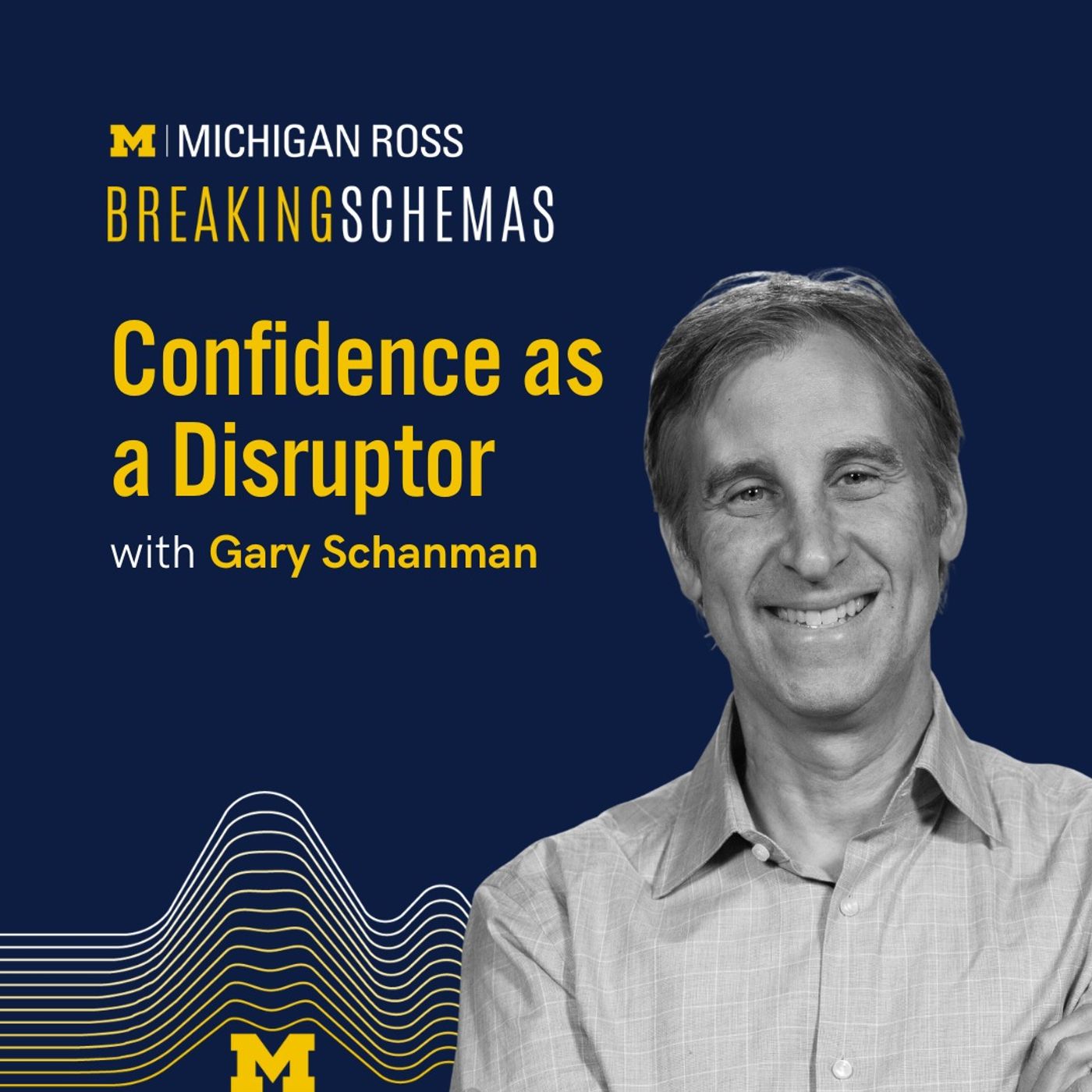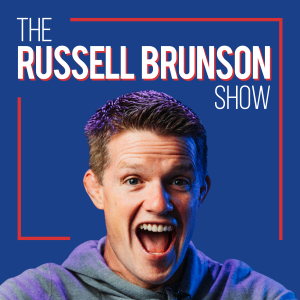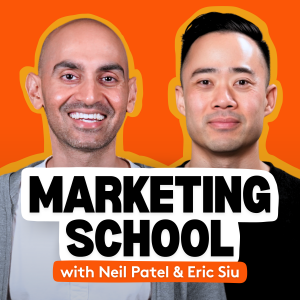

It didn’t matter if Gary Schanman worked in the mailroom at MTV, he just wanted to be in the media industry. Gary’s career path may not have turned out exactly the way he pictured it as a 19-year-old advertising major, but one thing he knew for certain was that showing up and having confidence at work matters.
Gary is now the Executive Vice President of Video Services at DISH TV and Sling TV. He’s spent more than 20 years in the media and telecommunications industry and has had a front row seat to some of the biggest media disruptions in recent history.
Breaking Schemas co-host and Michigan Ross marketing professor John Branch sits down with Gary to chat about the invaluable lessons he learned on dealing with imposter syndrome, the power of an MBA for career pivots, and the importance of adaptability in the media industry.
*Breaking Schemas is a production of the Yaffe Digital Media Initiative at Michigan Ross and is produced by University FM.*
Episode Quotes:Consulting for big companies takes fortitude and confidence.
08:37: You, kind of, have to fake it until you make it a little bit, but not think it sounds wrong. What you have to do is realize that you're just as smart as anyone else in the room. You can use deductive reasoning. You could use inductive analysis. You can do a number of things to say, this is what I think the best bet is and then be comfortable with the fact that it may not be right, but it's smart and thoughtful.
The key to entrepreneurial success.
15:33: It's funny how agility sometimes is the key to entrepreneurial success. It's not the original idea, it's the ability to pivot when you have that aha moment. I remember working with a company which manufactured one of the most boring products you could imagine, very large brake components for trains and tractor trailer trucks, right? And it was a German company which installed software to collect data from the braking systems in order to improve the quality of the braking systems. And then one day, light bulb moment, they realized that this data we're actually more valuable to fleet managers and safety managers at large companies because the data told these folks not about the quality of the brakes, but about the driving habits.
What’s next on the horizon of media disruption?
20:13 The future is really this race for aggregation. It's the best of times in the worst of times, all the choices in the world. You can't even keep up with the quality of peak streaming, of the quality of content out there. TV shows are better than movies, but it's very hard to manage it. It's actually becoming very expensive now because each company, because they're all trying to do it on their own, all have these, the equivalent cost structures, because no one can actually lean on each other for what's best. And so, there's going to be this reworking, which is there's going to be massive consolidation because individual media companies can't compete because they need scale. It's going to be a massive race for re-aggregation. Find a single place where I can get everything I want that's going to require data sharing, which no one wants to give up. It's going to require ego, put in a way, because media is a very ego-driven business and a prideful business. And it's going to require a re-establishment, in my view, as a biased distributor, re-establishment of the partnerships that made the business strong in the first place.
Show Links:- Professional Profile at Dish
More Episodes
All Episodes>>You may also like
Create Your Podcast In Minutes
- Full-featured podcast site
- Unlimited storage and bandwidth
- Comprehensive podcast stats
- Distribute to Apple Podcasts, Spotify, and more
- Make money with your podcast












